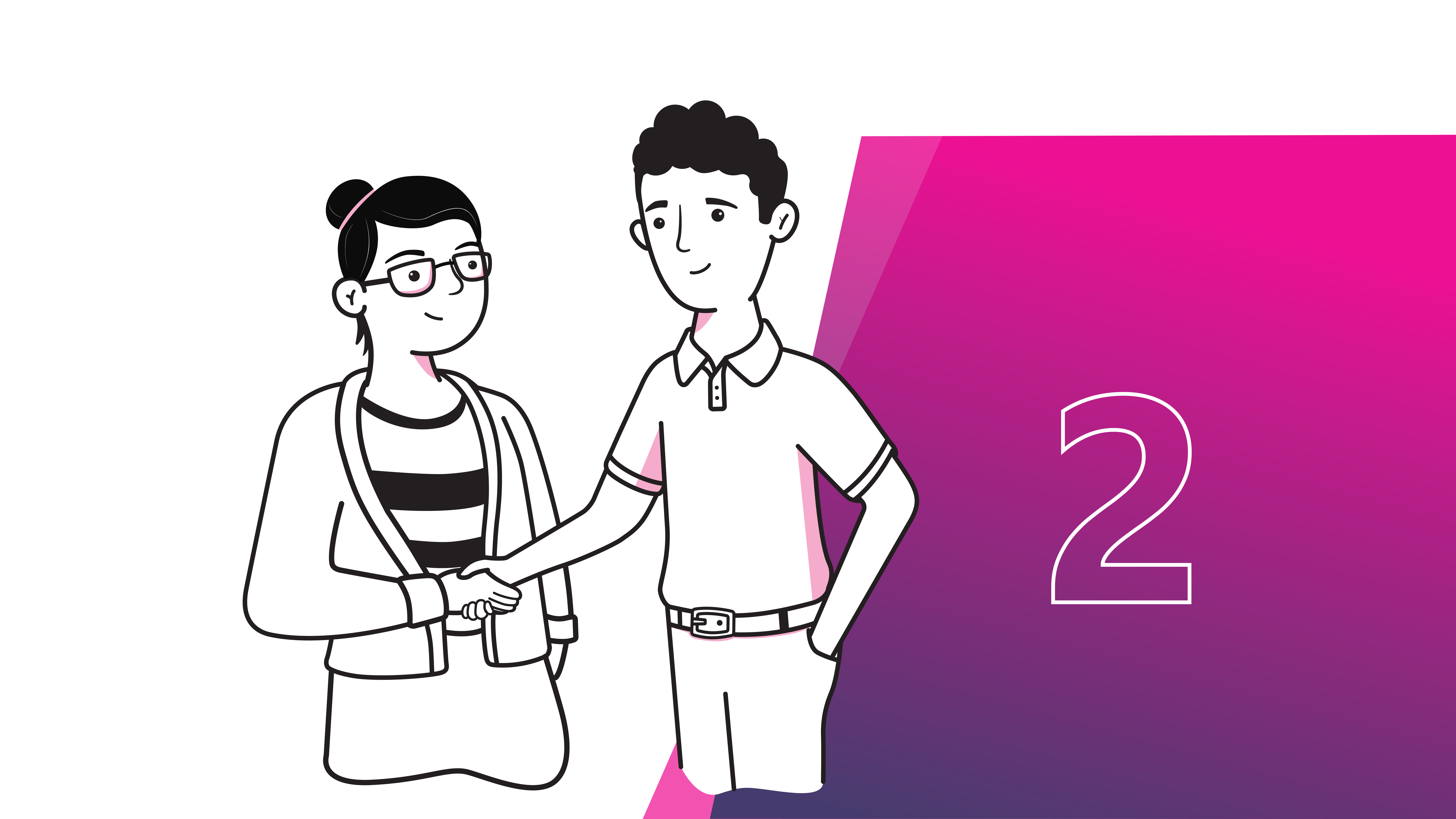Understanding the autism spectrum
The autism spectrum is a broad range of conditions that affect the way people's brains process things.
This includes autism spectrum disorder (ASD), pervasive developmental disorder and more.
It's essential to remember that autism doesn't look the same in everyone.
You will likely have different ASD symptoms, strengths and challenges to others also living with autism.
For example, you might find social situations tricky but have a great memory, while others might have a talent for recognising patterns, leading to special skills in specific areas.
The autism spectrum includes many conditions we used to think were separate.
This helps us see the wide differences in how autism can show up.
It can affect your behaviours, social skills, and how you communicate.
For example, other people might have a hard time interacting in social situations, while you might be sensitive to certain sights, sounds, or textures.
You might also have particular routines or focus intensely on specific topics.
Understanding these varied experiences is important because it helps you in the process of recognising what impacts you day-to-day, which is the first step to learning how to best manage your condition.
It also helps us learn how to support others around us living with autism.
Social interaction and communication
One of the primary areas where autism can bring challenges is in social situations.
If you’re on the autism spectrum, you may find navigating social situations challenging and might struggle to interpret body language, facial expressions, and other non-verbal cues.
This can lead to it being difficult to fully understand others' feelings and perspectives.
Social communication can also be an area of difficulty.
You might experience challenges with the back-and-forth nature of conversations, maintaining eye contact and/or grasping abstract concepts, preferring literal interpretations.
Despite these challenges, with the right support, understanding, and patience, you can learn to navigate these social complexities over time.
Repetitive behaviours and sensory sensitivities
When you’re living with autism, repetitive behaviours and unique sensory sensitivities can be part of everyday life.
It's not unusual to find comfort in repeating certain movements, sticking closely to routines, or becoming deeply immersed in particular interests.
This consistency can provide a sense of order and predictability in a world that can sometimes seem overwhelming or chaotic.
Remember, these are not 'odd' behaviours, but rather, an expression of your way of experiencing the world.
Sensory experiences can also be quite different for those living with autism.
What may seem to be an ordinary sound, touch, or light to others, you may experience as loud noises, too rough, or too bright.
This is because the way you perceive sensory input can differ from other people.
While these responses sometimes make life challenging, understanding and accepting your sensory preferences can also pave the way to finding strategies and environments that feel comfortable and good for you.
Early autism diagnosis and intervention
Receiving an autism diagnosis early in a person’s life can be transformative for both a child and their family members.
It's not just about putting a name to experiences and behaviours, but it's also about opening doors to understanding and support.
Early childhood intervention services are a key part of this support system.
They are designed to enhance young children’s development by focusing on their unique strengths and potential.
Embracing the journey with autism early can make a substantial difference in how a child interacts with the world around them, with autism being able to be professionally diagnosed by 12 months old.
Remember, an early diagnosis doesn't define you; it's a starting point that can lead to meaningful growth and understanding.
The support services that accompany early intervention vary, tailored to meet each child's specific needs, and whether a diagnosis was given at a young age, or as an older child.
These may include speech and language therapy to assist with communication, social skills training to enhance interaction with others, and cognitive behavioural therapy to help manage emotions and behaviour.
All these therapies are tools that aim to equip you with the necessary skills to navigate your world in a way that's comfortable and positive for you.
Personalised support
While early intervention is important, living with autism is a lifelong journey and finding suitable supports to help you along the way in your adult life is just as important.
Such supports may involve things like behavioural therapy, speech and language therapy, occupational therapy, physical therapy and disability employment support.
Everyone living with autism is unique, with their strengths and challenges.
No matter how you experience autism and the world, it’s important to remember that learning as much as you can about your condition and seeking out the right supports will help you lead a more fulfilling and comfortable daily life.
For more guidance on all aspects of living with autism, including coping strategies, how to find employment and more, visit our blog Living with autism: symptoms, coping strategies, employment and supports.
Ready to get started?
Register now to see if you’re eligible for our, Inclusive Employment Australia program and start your employment journey.
FINDING THE RIGHT JOB FOR YOU
Your personal job plan
APM helps job seekers succeed in their search with tailored job support and guidance.
3 steps to making a positive change in
your life
When you register with APM, we check your eligibility for the program, and help you get started. We guide you through the Centrelink process and your initial assessment, which decides your capacity for employment and suitability for the program.







